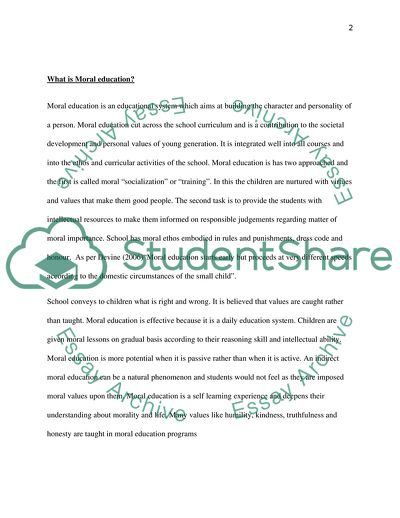Cite this document
(What is Moral Education Literature review Example | Topics and Well Written Essays - 2000 words, n.d.)
What is Moral Education Literature review Example | Topics and Well Written Essays - 2000 words. https://studentshare.org/education/1826201-what-is-moral-education
What is Moral Education Literature review Example | Topics and Well Written Essays - 2000 words. https://studentshare.org/education/1826201-what-is-moral-education
(What Is Moral Education Literature Review Example | Topics and Well Written Essays - 2000 Words)
What Is Moral Education Literature Review Example | Topics and Well Written Essays - 2000 Words. https://studentshare.org/education/1826201-what-is-moral-education.
What Is Moral Education Literature Review Example | Topics and Well Written Essays - 2000 Words. https://studentshare.org/education/1826201-what-is-moral-education.
“What Is Moral Education Literature Review Example | Topics and Well Written Essays - 2000 Words”. https://studentshare.org/education/1826201-what-is-moral-education.


